EK278
Mouse IgG3 ELISA Kit
$299.00 – $419.00
ELISA Kit Detail Information
| Related Target | |
|---|---|
| Species | mouse |
| Sample Type | Serum, plasma, cell culture supernatant, and other biological samples |
| Sample Volume | 100 μL |
| Sensitivity | 3.30 pg/mL |
| Array Range | 3.91 ng/mL – 250 ng/mL |
| Assay Time | 3.5 h |
| Recovery | 90% – 105% |
| Average Recovery | 99% |
| Intra Precision | 1.7% – 3.4% |
| Inter Precision | 1.9% – 4.6% |
| Plate | Detachable 96-well plate |
| Storage | If the reagent kit is unopened, it should be stored at 4℃. However, if it has been opened, the standard solution should be stored at -20℃, while the other components should be stored at 4℃. |
| Delivery | 4℃ blue ice transportation |
| Components | 96-well polystyrene enzyme-linked immunosorbent assay (ELISA) plate coated with anti-IgG3 monoclonal antibody Mouse IgG3 freeze-dried standard IgG3 detect Antibody Standard Diluent Assay Buffer(10×) Substrate TMB Stop Solution Washing Buffer(20×) Sealing Film |
| Assay Principle | This kit utilizes the double antibody sandwich enzyme-linked immunosorbent assay (ELISA) detection technique.Specific anti-mouse IgG3 antibodies are precoated on a high-affinity ELISA plate. Standard samples and test samples are added to the wells of the ELISA plate. After incubation, IgG3 present in the samples binds to the solid-phase antibodies. After washing to remove unbound substances, detection antibodies labeled with horseradish peroxidase (HRP) are added and incubated. After washing, a colorimetric substrate, TMB, is added and the plate is incubated in the dark for color development. The intensity of the color reaction is directly proportional to the concentration of IgG3 in the samples.A stop solution is added to terminate the reaction, and the absorbance value is measured at a wavelength of 450 nm (with a reference wavelength range of 570-630 nm). |
Related Targets
IGG
No description available.

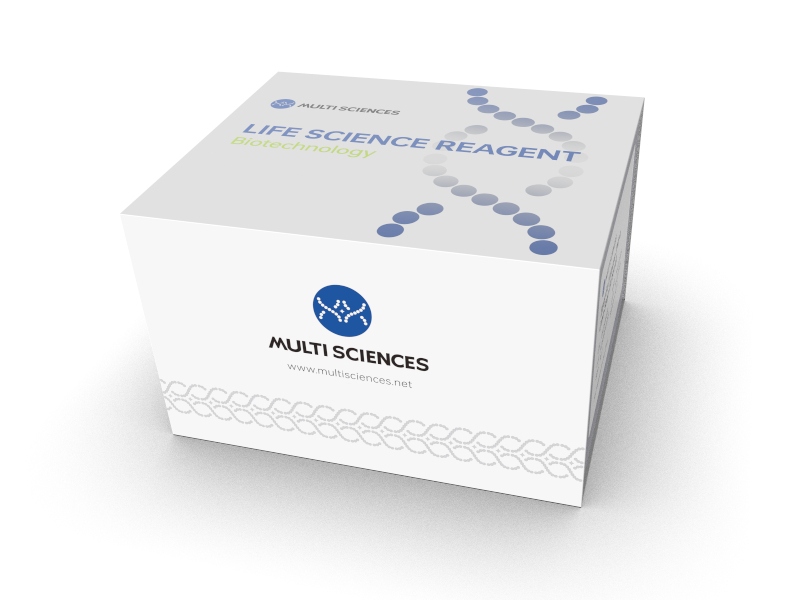
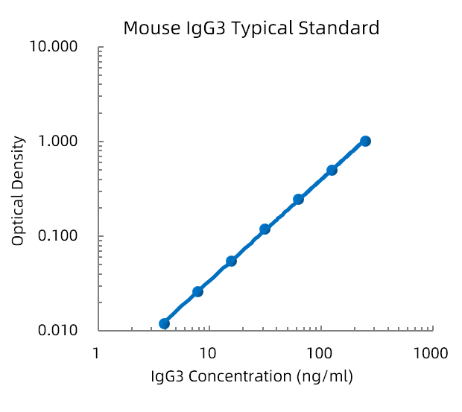
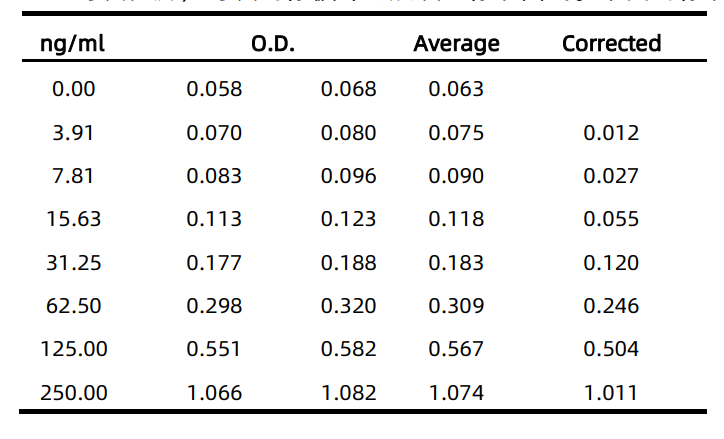


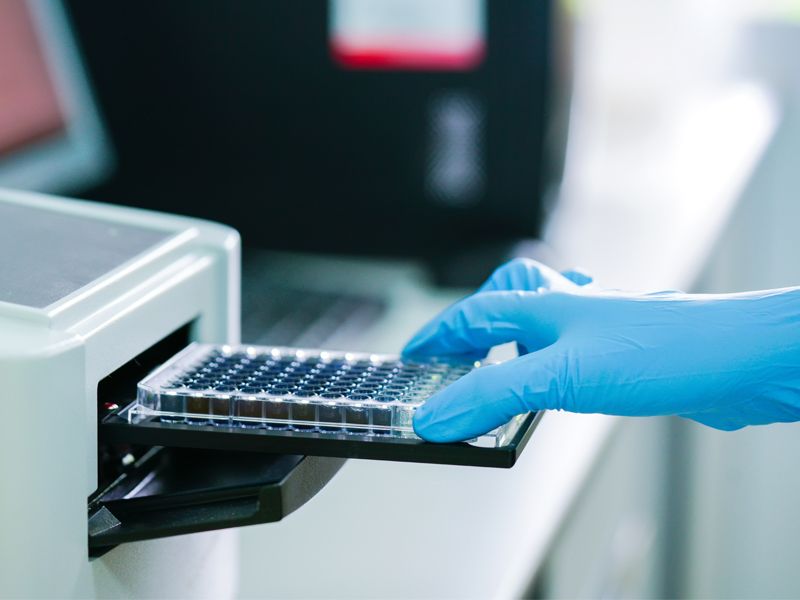
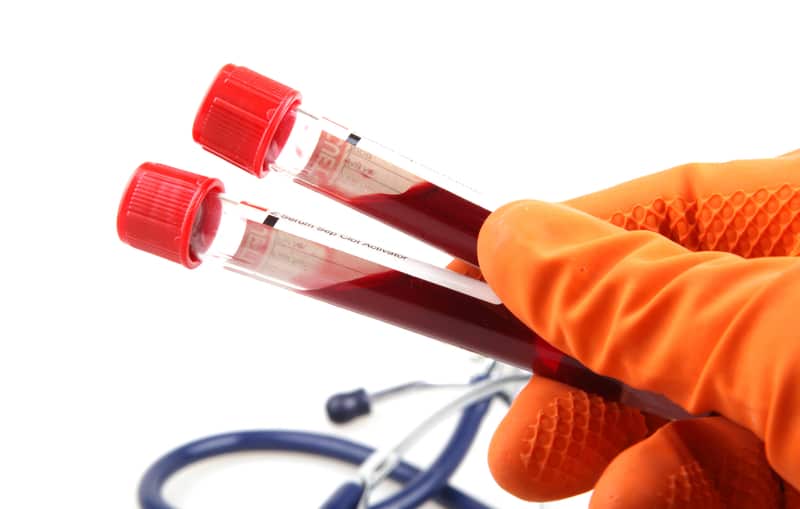
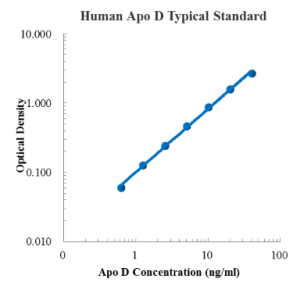
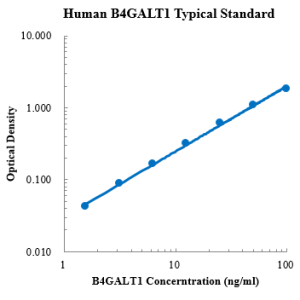
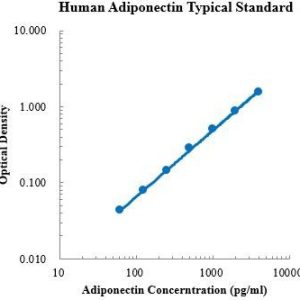
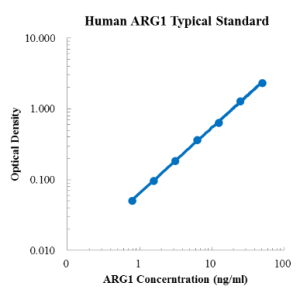
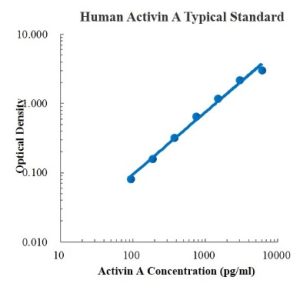
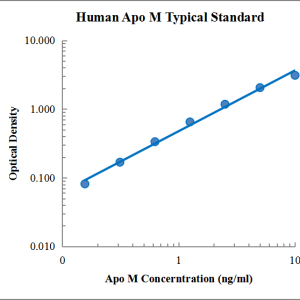
Reviews
There are no reviews yet.